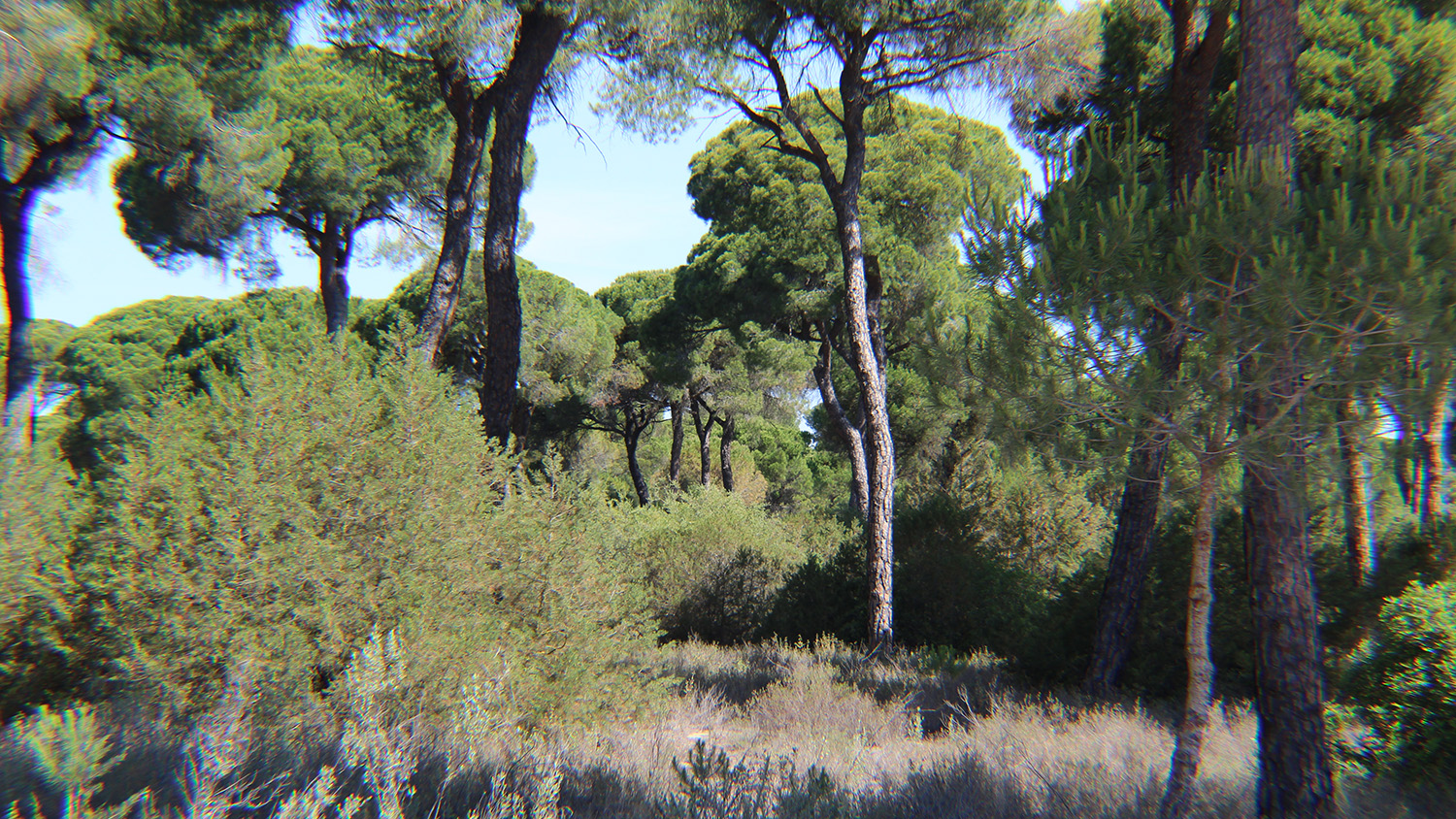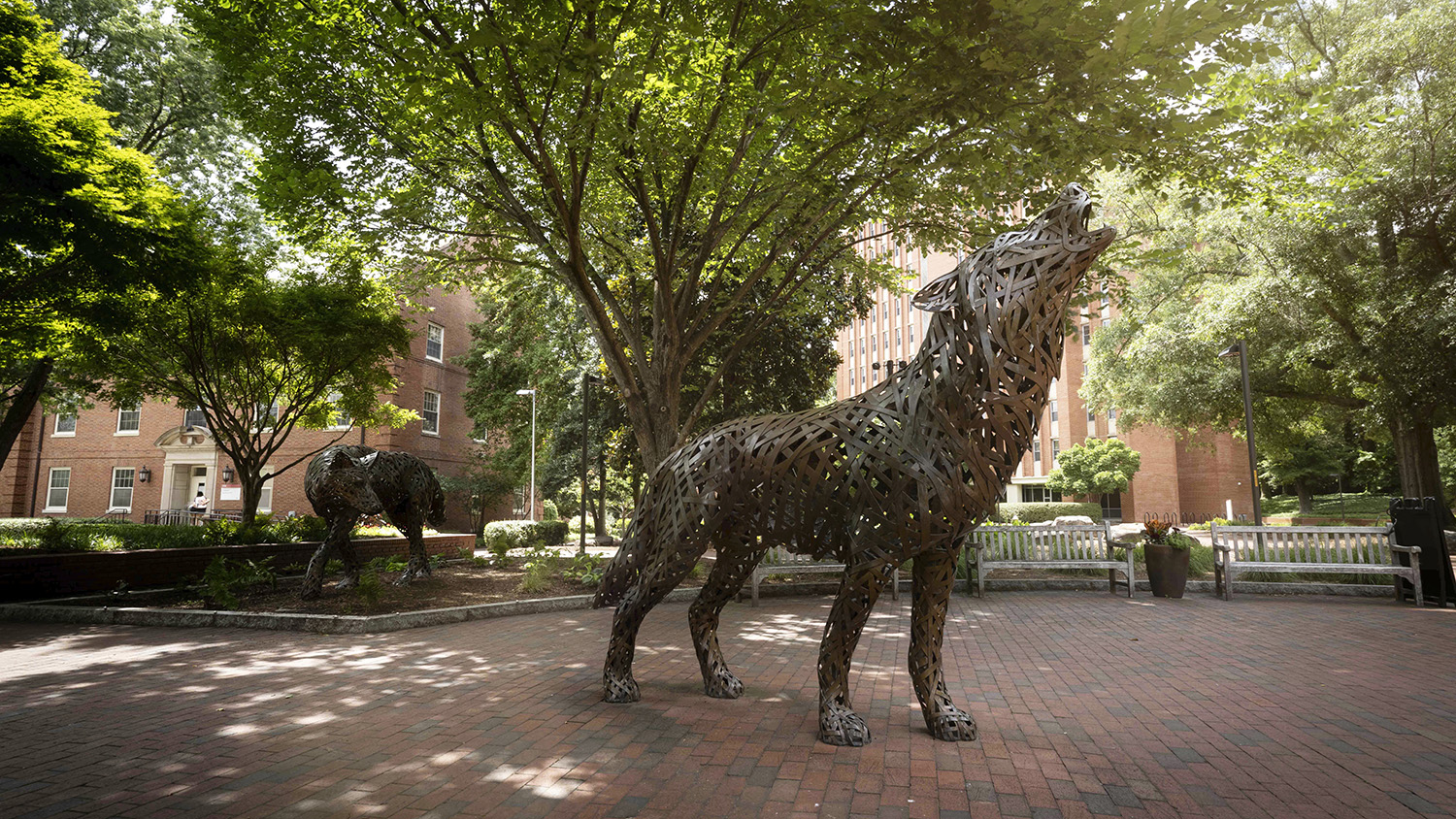Pack Hacks for Faculty: Taking Travel Lessons to the Classroom

Welcome back to Pack Hacks for Faculty. Each month, a member of the NC State faculty will provide quick tips, advice and other insight to facilitate your teaching, research, scholarship or engagement activities. If you are interested in making a submission for a future Pack Hacks for Faculty, please review our submission guidelines and contact provost-communications@ncsu.edu if you have questions.
This month, Gary Blank, associate and Alumni Distinguished Undergraduate Professor and director of undergraduate programs in the Department of Forestry and Environmental Resources, gives advice on taking travel lessons back to your classroom.
Taking Travel Lessons to the Classroom
 November is International Education Month, but at NC State, we Think and Do globally all year long. Whether leading students on a study abroad experience or introducing students to international ideas in the classroom, we seek to bring all corners of the world into our teaching, research and service at NC State. Here are a few ideas on how to share your international experience with students to enrich their education.
November is International Education Month, but at NC State, we Think and Do globally all year long. Whether leading students on a study abroad experience or introducing students to international ideas in the classroom, we seek to bring all corners of the world into our teaching, research and service at NC State. Here are a few ideas on how to share your international experience with students to enrich their education.
Take a Camera!
Whenever I travel, I take my camera and look for things that are pertinent to the courses I’m teaching. For example, when traveling in Europe I’ll try to take pictures of different examples of uses of wood, forest issues and ecosystems for my FOR 248 – Forest History, Technology and Society class. Mediterranean maquis vegetation is harder to describe than to photograph.
I take lots of photographs — about 500-600 in a month — and organize them in a library that I can easily pull from depending on the topic I’m talking about in class. If students can see something, rather than just hearing about it, that makes their educational experience more tangible and enriching. And you don’t have to have a fancy camera either. Many cell phone cameras do an excellent job, or you can choose a dSLR camera like an EOS Rebel if you want better resolution.
Think About Home
When I’m traveling internationally, I’m thinking about how what I experience impacts what I do back home. I try to take photos that illustrate points that students should be thinking about regarding what they will be reading for a class. Always be on the lookout for the connection between what you teach and what you can bring from the context you are in when you are traveling.
Use Your Experience to Challenge Students
When traveling abroad, think about how you can challenge students to think differently. Try to present what you’ve seen and learned in a way that gets them to think critically about things that they take for granted in the U.S.. Get them talking about the similarities and differences between how people and systems operate here and in other countries.
Don’t Get Bogged Down in Text
Most of the time when I present a lecture on my experiences abroad, I intentionally do not use a lot of text on my slides. Thinking critically about a particular situation through interpreting images helps students get a better grasp of what they’re learning and how that impacts the world around them.
For example, I’ll show a photo of a 120-acre wind farm in northern Sweden when talking about the issues we need to be conscious of when doing an environmental assessment of placement of wind turbines. It is great when they are able to respond to the images in a thoughtful manner.
Make Connections
You don’t learn by pulling open a drawer in a file cabinet drawer and slamming it shut — you have to look critically at a picture, a situation, and link what you see to what you’re talking about. There is a connection between your experience and your education, and making those connections is what a university education should be about.
Regardless of where you travel abroad, you’re sure to find unique aspects of each location to share with your students. By sharing your travels, you’re both on a journey of learning about the wider world outside of NC State.
Gary Blank is an associate and Alumni Distinguished Undergraduate Professor and director of undergraduate programs in the Department of Forestry and Environmental Resources in the College of Natural Resources. He can be reached at gblank@ncsu.edu.
- Categories:



Excellent recommendations Gary.. I found these tidbits very helpful. Glad to see you are still educating our youth and sharing your experiences with us all. We should all be more sharing. “As a team”we can only accomplish our goal of preparing our youth.